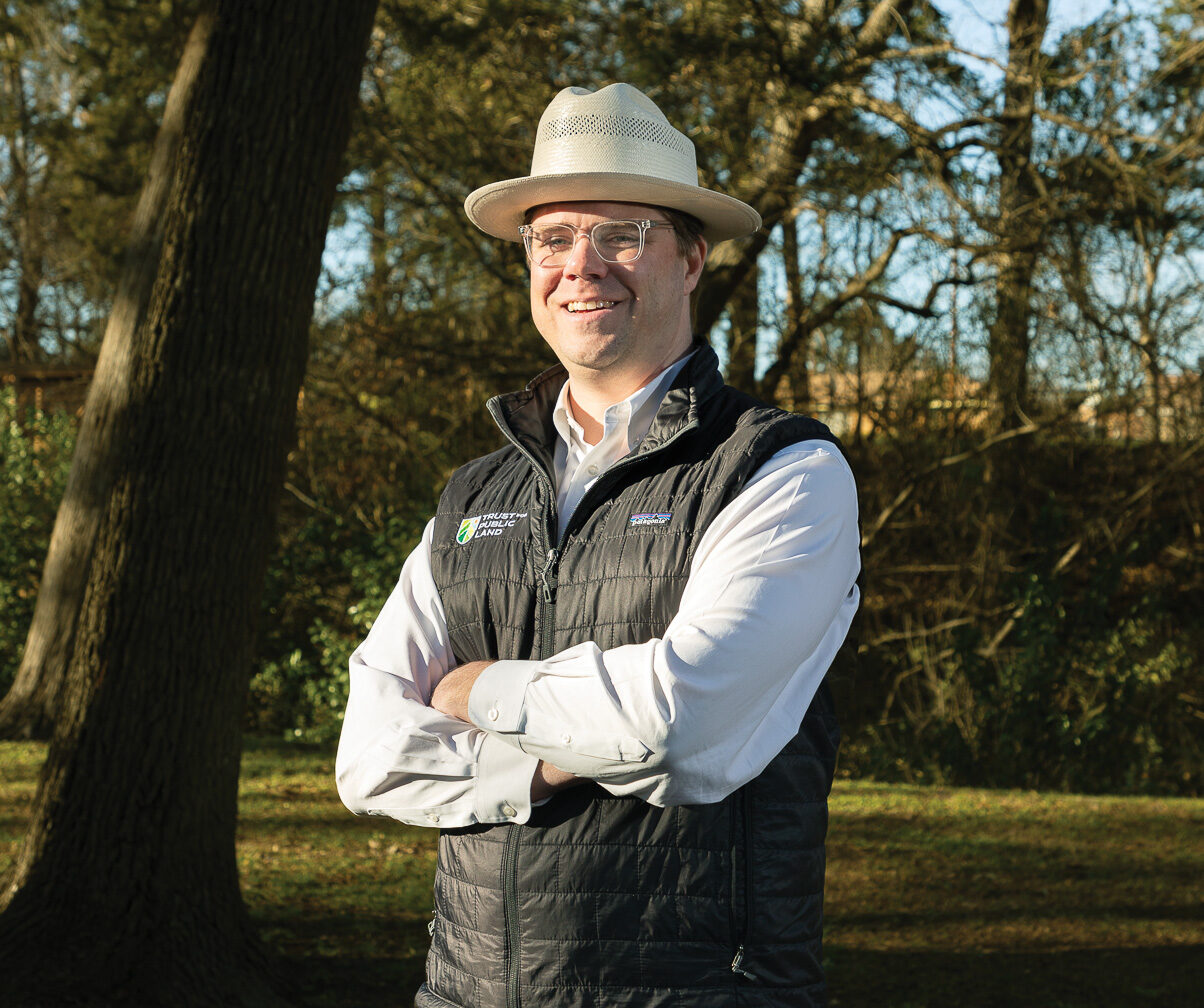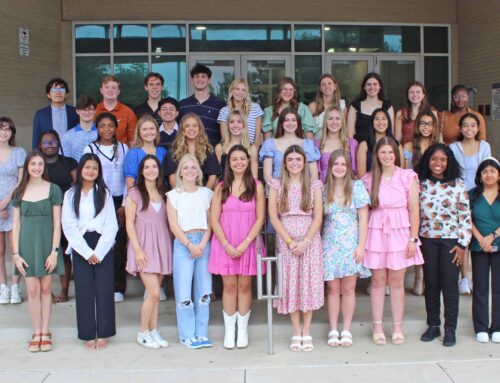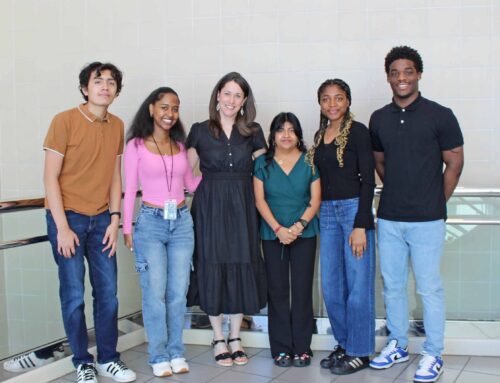Growing up in Lake Highlands as an avid member of Boy Scout Troop 890, Robert Kent’s childhood was immersed in the outdoors.
“I got to go spend some really wonderful formative experiences in the outdoors both in high adventure backpacking treks through Rocky Mountain National Park and more local things like our annual triathlon along White Rock Green Belt,” Kent says. “After five or six years in a row training for that, it instilled in me a deeper appreciation for the outdoors.”
So much so, he says, that Kent went to college and aimed to get a job in international development with an environmental focus, hoping to help build a sustainable economy in developing nations.
“Life has different paths that take you in different directions,” he says.
Graduating during the 2008 Great Recession landed him a chance to dive back into the outdoors.
“I ended up taking six months to backpack the Appalachian Trail end-to-end, which is about 2,100 miles from Maine to Georgia,” Kent says. “That’s just one of those formative experiences outdoors that really developed a deep appreciation and passion for our connection to nature and how important it is for everyone to be able to experience nature close to home.”
Kent returned to Dallas and landed a job at the North Texas Commission as their environmental program director.
“Within about six months of being back in Dallas, I realized that this was exactly where I needed to be,” Kent says. “I didn’t need to travel halfway around the world. There’s plenty of opportunity to do it right here in Dallas, in our own backyard.”
Three years after accepting the job with the North Texas Commission, Trust for Public Land was preparing to open their Dallas office and Kent put himself up for the job.
Trust for Public Land is a national nonprofit organization that works with local parks and recreation departments to purchase land to create parks and ensure that everyone lives within a 10-minute walk of a park or trail.
Kent was first hired to reestablish TPL’s Dallas office and reopen the nonprofit’s presence in the Dallas-Fort Worth area. From there, he was promoted to the Texas State Director.
His role at TPL has changed over the years. Historically, Kent says, the nonprofit has been about land acquisition — buying land, setting it aside for conservation purposes and working with public agencies like the Dallas Parks and Recreation Department or the Texas Parks and Wildlife Department.
“In the last half of our history, we’ve also had a focus on really urban parks and not only buying the land, but also doing design and development work,” Kent says. “From that, we’ve developed a really strong planning practice.”
Trust for Public Land established a project called Smart Growth for Dallas, a data mapping platform that examines factors like urban heat islands, health disparities, equity indicators, soil types and flood zones to determine where parks are most needed and possible locations for said parks.
“When you have a park close to home and you make an investment in some type of green infrastructure, whether it’s a park or a trail or trees, that can have positive benefits for the environment, public health and communities,” Kent says.
Two notable projects that the group has worked on is the South Oak Cliff Renaissance Park, a 1.8 acre neighborhood park across from South Oak Cliff High School and the Five Mile Creek Greenbelt.
“[South Oak Cliff Renaissance Park is] a really cool project where the neighborhood and the school had this vacant piece of land across from the high school that had been used as a place to dump tires and as a place where people were camping out or kids were skipping school. The grass was overgrown up to your shoulders. Every day when the bell rang, kids were walking from the school across this overgrown, dirty, littered, vacant field to go home,” Kent says. “The park was designed in partnership with the high school and with the nearby residents and neighbors, so every feature in that park is reflective of some need that the community identified.
South Oak Cliff Renaissance Park opened in November of 2021, now a “well-loved, central piece of that community.”
Five Mile Creek Greenbelt, on the other hand, has been a long time in the making and still has a bit of work to go.
The 17-mile trail aims to connect much of Oak Cliff and Southern Dallas along the already existing watershed.
“Oak Cliff has got the most pretty land in Dallas, and that’s because it is the northmost edge of the Balcones Escarpment (the eastern boundary of the Texas Hill Country that gives Oak Cliff its hills and cliff-like structures),” Kent says. “When you’re driving through the area, these big hills and valleys have these commanding views over Downtown Dallas, which is surprising considering at this point you’re a good eight to 10 miles south of Downtown.”
Plans for the project started as early as the 1940s, and Kent hopes to realize that nearly 80-year-old dream.
“Within the community around Five Mile Creek, there’s a great hunger for this type of amenity,” Kent says. “Dallas is undergoing a trail-building renaissance. It’s wonderful … The Five Mile Creek Trail is going to be that connection that will finally connect Oak Cliff to the rest of the city.”
Kent aims to break ground on the project in 2025. In the meantime, the nonprofit is focused on raising money and starting the design process so that the trail could be open by 2030.
Though Kent supports a statewide team, his inspiration comes back to his childhood in Lake Highlands.
“Growing up in Lake Highlands, being a part of scouting had a huge impact on me and I was really privileged to be able to have White Rock Creek Trail in my backyard, literally,” Kent says. “I took that for granted, and it wasn’t until I was an adult in the last 10 years realizing that it was actually an incredibly unique experience and that most children in Dallas did not get to do that as kids because those amenities just weren’t there. That has really motivated me to think about how I can help pay it forward to help improve the whole city in this way.”






